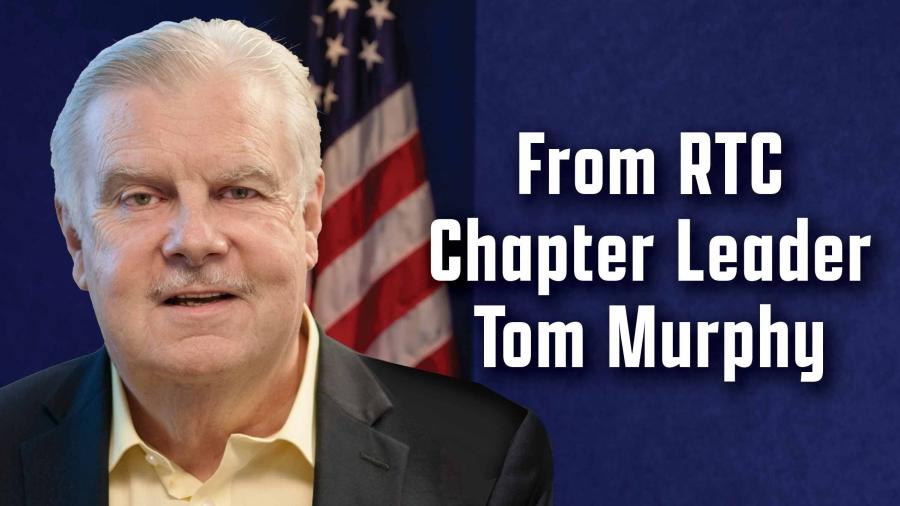
Elections can be valuable measurements of the trust that rank-and-file union members have in the leaders they choose. In this year’s UFT election, retirees voted overwhelmingly to support the current leadership. It was a hard-fought campaign run in the midst of an intensely controversial proposed health coverage plan.
Many points raised on social media about the implementation of the new health plan and other union issues were quite legitimate, but the faceless nature of internet exchanges also unleashed unprecedented vitriol. Ringing in my ears were the cautions of the poet William Butler Yeats, often quoted by me: “The best lack all conviction, while the worst are full of passionate intensity.”
In the political club I chaired in my youth, we argued strenuously for hours and then voted 28 to 3 in favor of the proposition. Such raucous turmoil used to keep me awake at night. Now it can be a UFT election campaign.
Debating issues is vital to a truly democratic union, and we retirees have seen it all. While we may sometimes debate union and political philosophy, we really get our backs up if we think our benefits are at risk. (Think of the 2017 ballot measure on establishing a constitutional convention.) Such concerns can be discussed rationally, or they can be discussed irrationally if some deliberately stoke our fears.
On the proposed New York City Medicare Advantage Plus Plan, the most-outspoken criticism came from two directions: 1) those who are comfortable with their current union-negotiated employer/employee-based coverage; and 2) those who favor universal health coverage. It was an unnatural and fragile alliance. The first group focused on the perceived implications of the new plan having such a discredited name as Medicare Advantage. They believed their current health benefits were under attack. The second group is nobly committed to universal health care, seeking a broader system open to all, and see both our current health care coverage and the new plan as obstacles to their more ideological political aims. (While most in organized labor support some kind of universal health care as a long-range goal, they worry that any such universal plan would offer inferior coverage to union-negotiated health plans.) Whether the internal differences between the two groups helped or weakened their cause in the union election is hard to tell.
The most difficult place to be in a heated argument is in the middle. As a Gemini and a middle child, I’ve been in the middle my whole life. Of course, often you also have insidious outsiders gleefully watching from the sidelines. You know, the anti-union guy who says, “You two can fight, and I’ll hold the coats.” But the task for those of us in the middle of the fray with an institutional role of guidance is to find quiet, rational ways of getting to the truth. You may not always find resolution, but it’s an accomplishment if you can earn the trust of the participants.
None of us knows how the NYC Medicare Advantage Plus Plan will turn out as the courts deal with all the implementation and legal issues involved. The union’s nonpolitical RTC Health Committee worked to provide neutral, noninflammatory information relevant to the discussion. Many of us continue to believe it is a good, improved plan. We’ll see what emerges and take it from there.
As the chapter leader of the RTC, I don’t always know how many retirees agree with me on everything my position leads me to do and say. But I do know this: The largest number of retirees ever voted in this year’s union election. And I am gratified by the result: 70.8% of those retirees voted to support the current UFT leadership.
That says something.